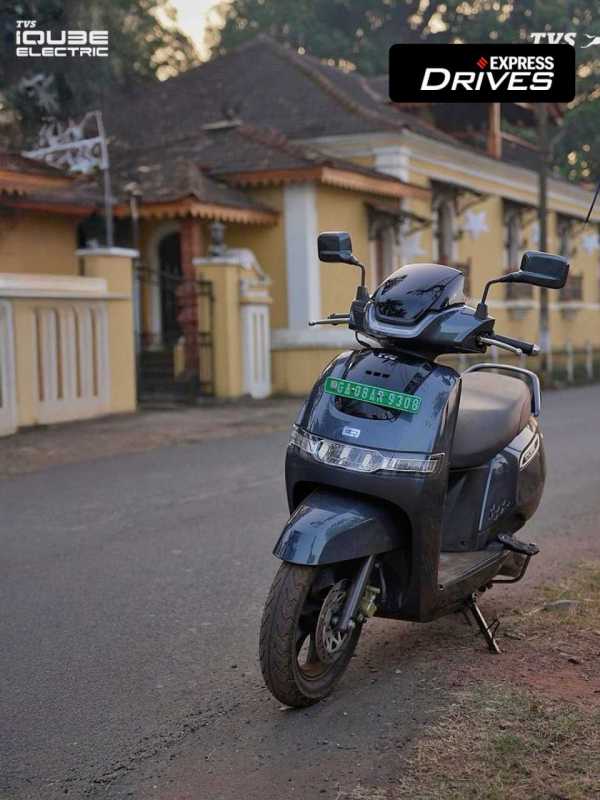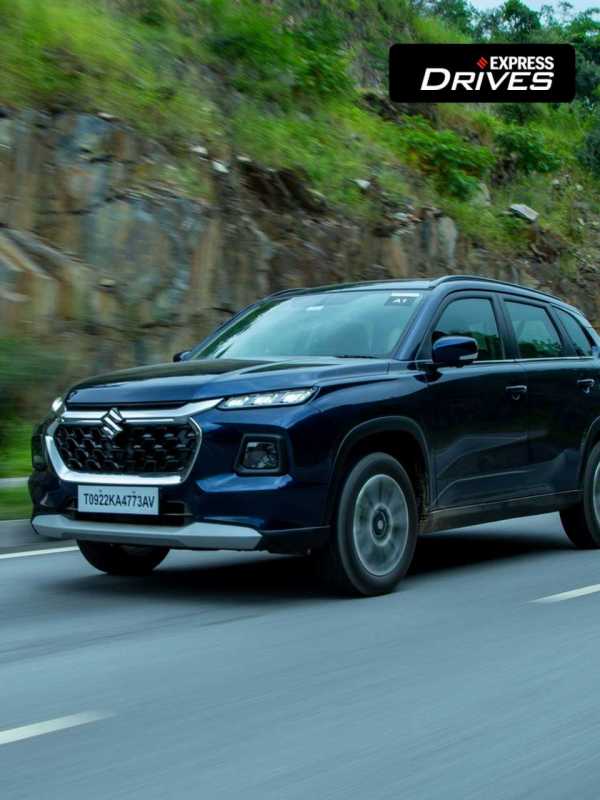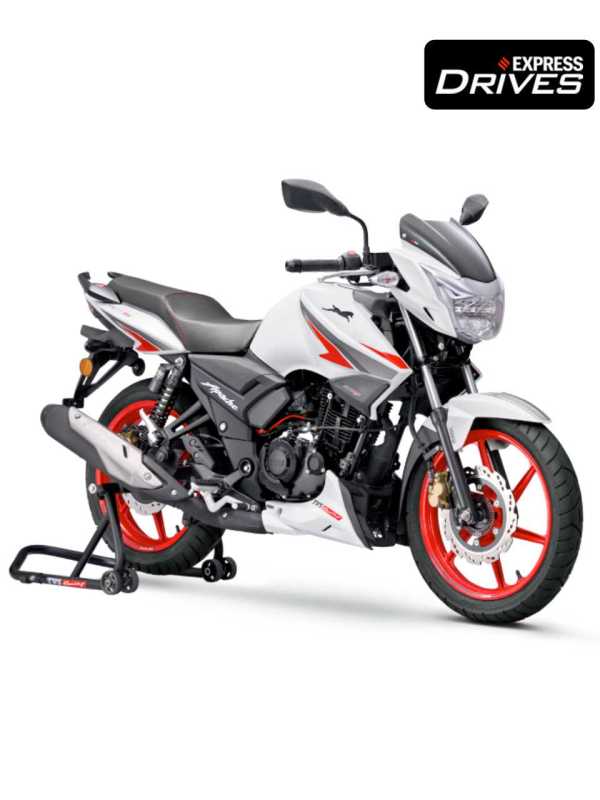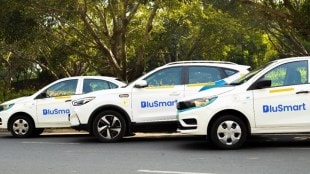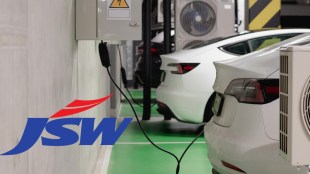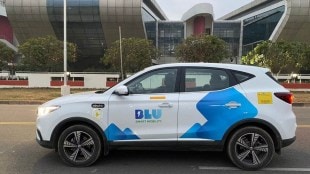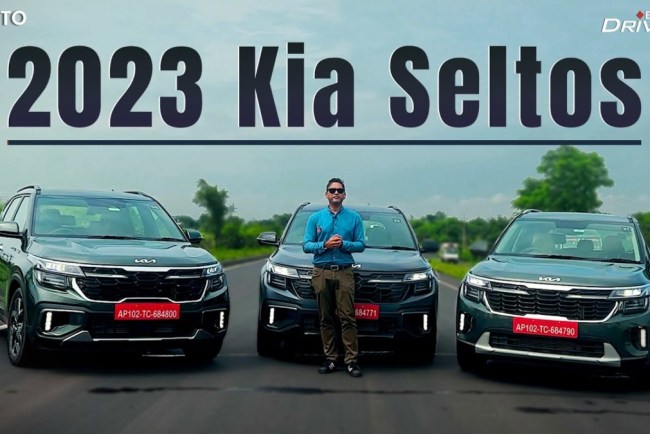Uttar Pradesh (UP) has become the latest state in India to come out with an Electric Vehicle Policy 2022, which aims to make the state a leading adopter and facilitator of green vehicles in the country. The government says that the policy will help attract investments upto Rs 30,000 crore and generate employment for around 10 lakh people.
The state has announced a 15 percent rebate on purchase of electric two- and four-wheelers, e-buses. EVs will be exempted from registration and road tax for the first three years, while a 50 percent reduction will be provided in the fourth and fifth year of the implementation of the policy.
The government will also provide a 15 percent subsidy (max capped at Rs 5,000) on purchase of electric two-wheeler (ex-factory price); three-wheeler (max Rs 12,000); four-wheeler (max Rs 1 lakh); e-buses (max Rs 20 lakh) and e-goods carrier (max Rs 1 lakh).
The subsidies for each segment is capped as follows:-
- Two-wheeler – maximum budget outlay of Rs 100 crore to maximum of 2 lakh units
- Three-wheeler – maximum budget outlay of Rs 60 crore to maximum of 50,000 units
- Four-wheeler – maximum budget outlay of Rs 250 crore to maximum of 25,000 units
- E-buses – maximum budget outlay of Rs 80 crore to maximum of 400 units
- E-goods carrier – maximum budget outlay of Rs 10 crore to maximum of 1,000 units
The incentives will be available only once for individual buyers, while aggregator/fleet buyers will be allowed to avail of the subsidy on the purchase of a maximum of 10 units of two- / three- / or four-wheelers. For e-bus or e-goods carriers, the cap is at 5 units.
For electric vehicles bought without a battery, only 50 percent of the admissible purchase subsidy will be provided to the buyer.
In terms of investments for new projects, the policy provides a 3 percent capital subsidy for investments up to Rs 1,000 crore per project for the first two Ultra Mega battery projects that invest Rs 1,500 crore or more with a minimum production capacity of 1 GwH each.
Sohinder Gill, Director General, Society of Manufacturers of Electric Vehicles (SMEV), “This comprehensive move will benefit not only the OEMs but also sub-industries such as battery manufacturing, components, logistics, and so on. This would also help circumvent the struggle to find and purchase quality components from hyperlocal sources, thus paving a seamless path for electric green mobility.”
Chanpreet Sethi, Founder, Blu Whleelz: “The sops extended by Uttar Pradesh government will end up making cost of vehicle ownership more accessible. This will immensely benefit delivery industry wherein all e-commerce companies have pledged to convert their fleet to EV in next 5 years. We as an EV fleet as a service provider own our fleet and lease that to companies for delivery. The sops will make EV ownership little cheaper, which in turn will reduce delivery transport cost, finally having a bearing on the cost of end- product. The other states must take note of UP’s policy.”







